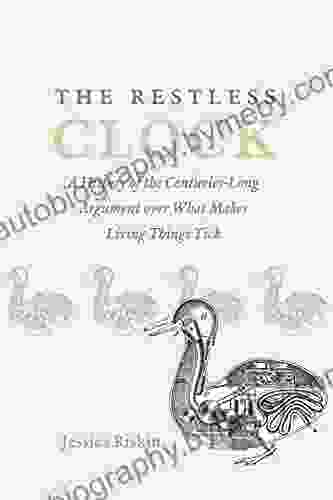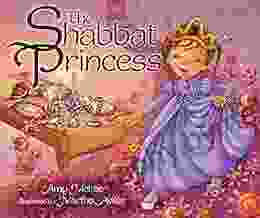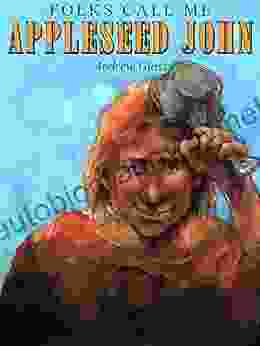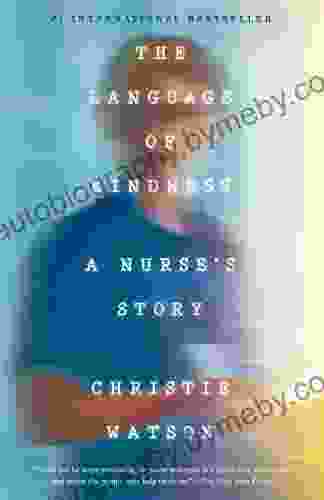Unveiling the Epic Saga: The History of the Centuries-Long Argument Over What Makes Living Things Tick

Life is a captivating enigma that has puzzled humankind for millennia. The question of what distinguishes living organisms from inanimate matter has sparked countless debates, theories, and scientific investigations.
In this comprehensive article, we embark on an intellectual journey through time, exploring the captivating history of the argument over what defines life. From the ancient philosophies of Aristotle to the cutting-edge advancements of modern science, we will delve into the evolution of our understanding of life's enigmatic nature.
4.6 out of 5
| Language | : | English |
| File size | : | 11000 KB |
| Text-to-Speech | : | Enabled |
| Screen Reader | : | Supported |
| Enhanced typesetting | : | Enabled |
| Word Wise | : | Enabled |
| Print length | : | 544 pages |
| Lending | : | Enabled |
From Aristotle to Vitalism: The Seeds of the Debate
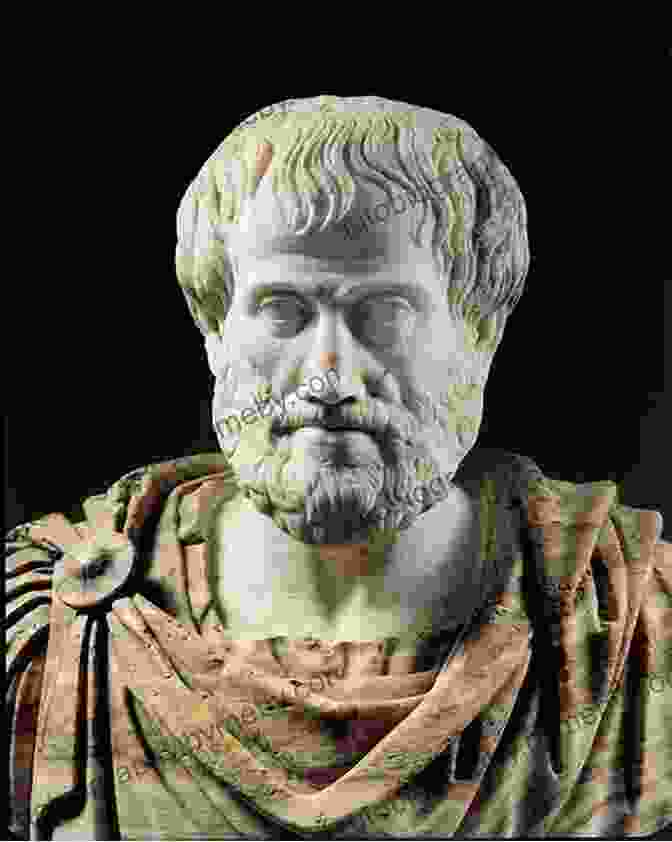
The origins of the debate over the definition of life can be traced back to the ancient Greek philosopher Aristotle (384-322 BCE). In his seminal work "De Anima" (On the Soul),Aristotle proposed that life is characterized by the presence of a "soul," or "psyche," which distinguishes living organisms from non-living matter.
Aristotle's concept of the soul encompassed not only consciousness and reason but also the vegetative and reproductive functions essential for life. This vitalist perspective, which attributed life to the presence of a non-physical entity, dominated scientific thought for centuries.
The Rise of Mechanism: Challenging the Vitalist Paradigm

In the 17th century, the scientific revolution challenged the Aristotelian view of life. Philosophers like René Descartes (1596-1650) proposed a mechanistic view of the universe, including living organisms.
Descartes argued that all matter, including living beings, is composed of tiny particles that obey the laws of physics and chemistry. He believed that life could be explained entirely by mechanical principles, without the need for a vital force or soul.
Reductionism and the Search for Life's Building Blocks
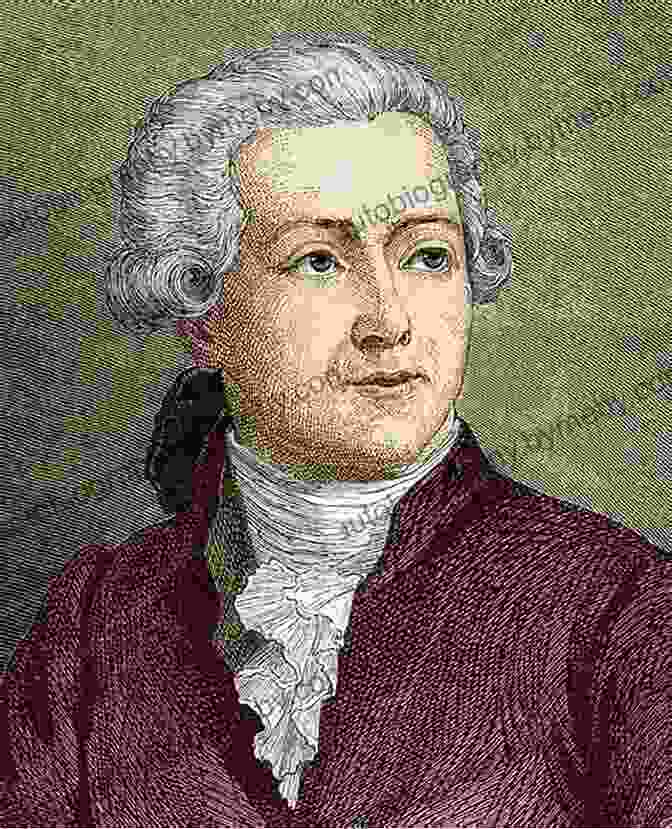
The Enlightenment era (18th century) saw the rise of reductionism, the idea that complex phenomena can be understood by breaking them down into their constituent parts. Scientists applied this approach to the study of life, seeking to identify the fundamental units of living matter.
Chemists like Antoine Lavoisier (1743-1794) made significant contributions by discovering the role of oxygen in combustion and metabolism. They also identified key elements like carbon, hydrogen, and nitrogen as essential components of living organisms.
Emergence and the Complexity of Life
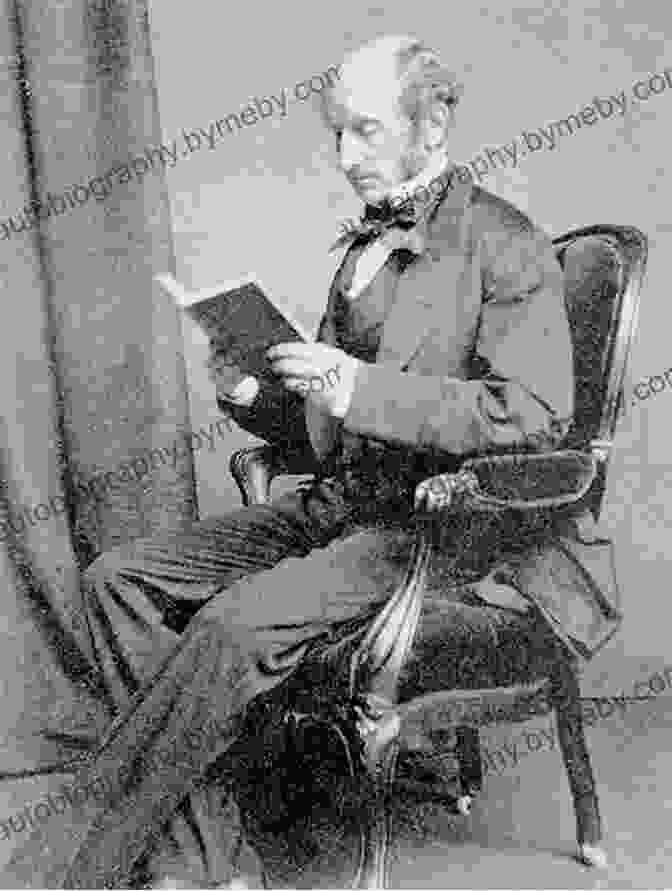
By the 19th century, it became increasingly clear that living organisms are not simply machines. Scientists began to recognize the inherent complexity and emergent properties that distinguish life from non-life.
The English philosopher John Stuart Mill (1806-1873) introduced the concept of emergence, arguing that new and irreducible phenomena can arise from the interactions of simpler components. This concept laid the foundation for understanding the unique characteristics of life.
Complexity Theory and the Dynamics of Living Systems
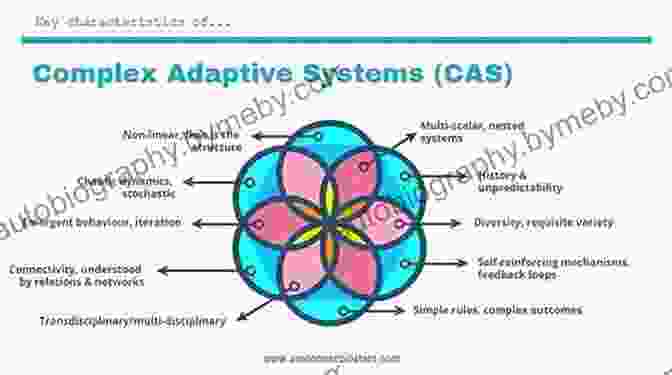
In the 20th century, complexity theory emerged as a new framework for understanding complex systems, including living organisms. This theory emphasizes the self-organization, adaptation, and feedback loops that characterize life.
Complexity theory provides insights into how life can arise from non-living matter and how living systems exhibit emergent properties that cannot be reduced to their individual components.
Artificial Life and the Synthesis of Living Systems
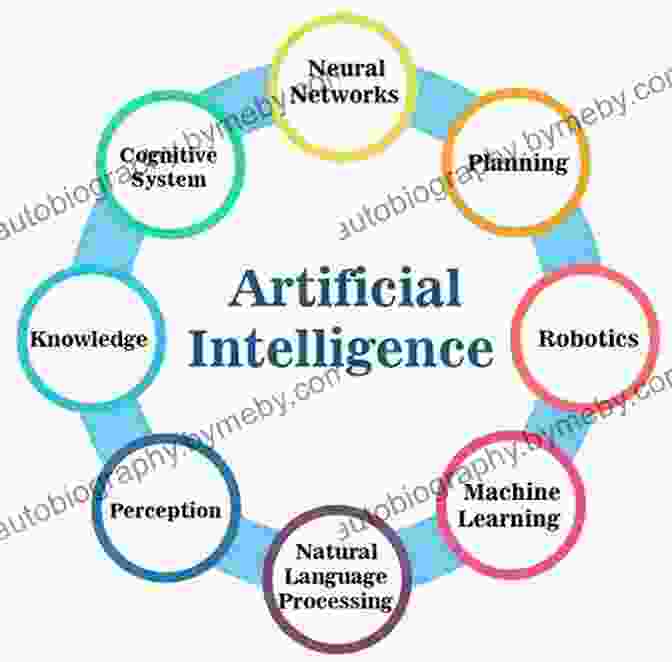
Recent advances in science and technology have given rise to the field of artificial life, which explores the creation of systems that exhibit life-like properties. Through computer simulations and robotic systems, scientists are attempting to understand the underlying principles of life and create artificial organisms.
Artificial life research provides a unique perspective on the nature of life, challenging our traditional definitions and expanding our understanding of the boundaries between living and non-living.
: The Ongoing Quest for Life's Essence
Throughout history, the debate over the definition of life has been a catalyst for scientific discovery and philosophical reflection. From Aristotle's vitalism to modern complexity theory, our understanding of life has evolved significantly.
Today, the search for the essence of life continues, with scientists exploring the frontiers of biology, chemistry, physics, and computer science. The development of new technologies and the discovery of new life forms are constantly challenging our assumptions and expanding our knowledge of the enigmatic phenomenon we call life.
The history of the argument over what makes living things tick is a testament to the human fascination with the nature of our existence. It is an ongoing intellectual journey that promises to further illuminate the complexities and wonders of life itself.
4.6 out of 5
| Language | : | English |
| File size | : | 11000 KB |
| Text-to-Speech | : | Enabled |
| Screen Reader | : | Supported |
| Enhanced typesetting | : | Enabled |
| Word Wise | : | Enabled |
| Print length | : | 544 pages |
| Lending | : | Enabled |
Do you want to contribute by writing guest posts on this blog?
Please contact us and send us a resume of previous articles that you have written.
 Book
Book Novel
Novel Page
Page Chapter
Chapter Text
Text Story
Story Genre
Genre Reader
Reader Library
Library Paperback
Paperback E-book
E-book Magazine
Magazine Newspaper
Newspaper Paragraph
Paragraph Sentence
Sentence Bookmark
Bookmark Shelf
Shelf Glossary
Glossary Bibliography
Bibliography Foreword
Foreword Preface
Preface Synopsis
Synopsis Annotation
Annotation Footnote
Footnote Manuscript
Manuscript Scroll
Scroll Codex
Codex Tome
Tome Bestseller
Bestseller Classics
Classics Library card
Library card Narrative
Narrative Biography
Biography Autobiography
Autobiography Memoir
Memoir Reference
Reference Encyclopedia
Encyclopedia Casey Zeman
Casey Zeman L J Martin
L J Martin Andy Mcilree
Andy Mcilree Julie Miller
Julie Miller Carla L Peterson
Carla L Peterson Colin Campbell
Colin Campbell Angela Byrne
Angela Byrne Andrew Barron
Andrew Barron Jacqueline Corricelli
Jacqueline Corricelli Andrew Goliszek
Andrew Goliszek Angelina Wilson
Angelina Wilson Eric Asimov
Eric Asimov Nielson Phu
Nielson Phu Andrew Parker
Andrew Parker Jeff Gottesfeld
Jeff Gottesfeld Andy Ross
Andy Ross Lin Lougheed
Lin Lougheed William L Anderson
William L Anderson Amy Stewart
Amy Stewart Andrew Greiner
Andrew Greiner
Light bulbAdvertise smarter! Our strategic ad space ensures maximum exposure. Reserve your spot today!
 Colin RichardsonFollow ·14.4k
Colin RichardsonFollow ·14.4k Thomas PynchonFollow ·12k
Thomas PynchonFollow ·12k Luke BlairFollow ·3.6k
Luke BlairFollow ·3.6k Gustavo CoxFollow ·5.3k
Gustavo CoxFollow ·5.3k Rex HayesFollow ·4.4k
Rex HayesFollow ·4.4k Rodney ParkerFollow ·2.7k
Rodney ParkerFollow ·2.7k Arthur Conan DoyleFollow ·6.1k
Arthur Conan DoyleFollow ·6.1k Vernon BlairFollow ·8.5k
Vernon BlairFollow ·8.5k

 Bryce Foster
Bryce FosterCelebrate the Luck of the Irish: Unveiling Saint...
As the verdant hues of spring brush...
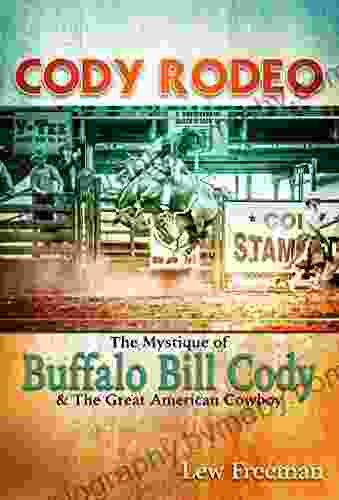
 Chase Simmons
Chase SimmonsCody Rodeo: A Photographic Journey into the Heart of the...
Step into the arena of the...

 David Mitchell
David MitchellUnveiling the Enchanting World of Door County Quilts: A...
Step into the Heart of Amish Country in...
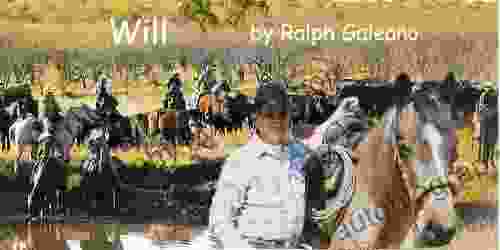
 Floyd Powell
Floyd PowellCowboy Chatter: Unraveling the Enigmatic Tales of the Old...
Step into the...
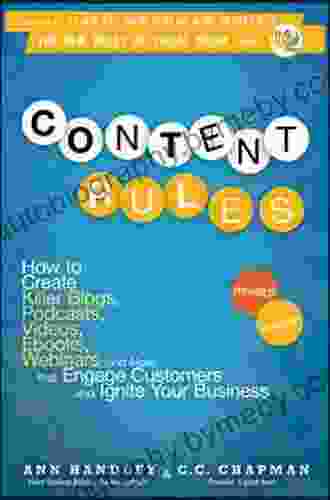
 Ismael Hayes
Ismael HayesUnlock Content Marketing Mastery: How to Create...
In today's digital landscape, content is...
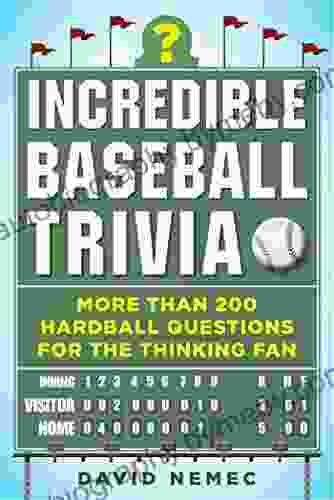
 Boris Pasternak
Boris PasternakMore Than 200 Hardball Questions For The Thinking Fan
The Ultimate Baseball Trivia Challenge Are...
4.6 out of 5
| Language | : | English |
| File size | : | 11000 KB |
| Text-to-Speech | : | Enabled |
| Screen Reader | : | Supported |
| Enhanced typesetting | : | Enabled |
| Word Wise | : | Enabled |
| Print length | : | 544 pages |
| Lending | : | Enabled |


